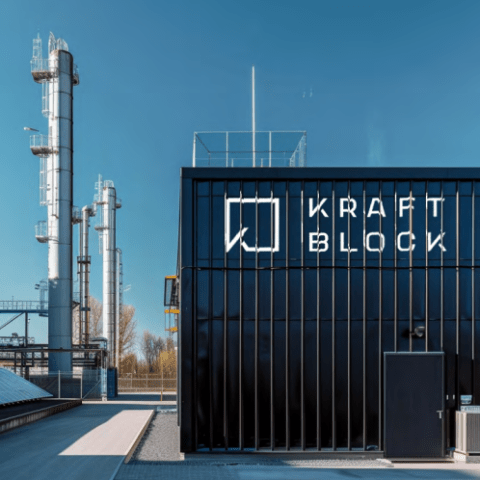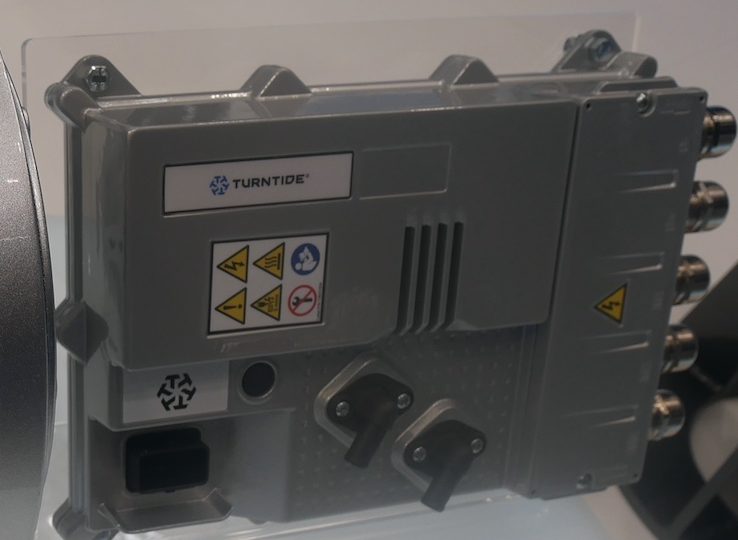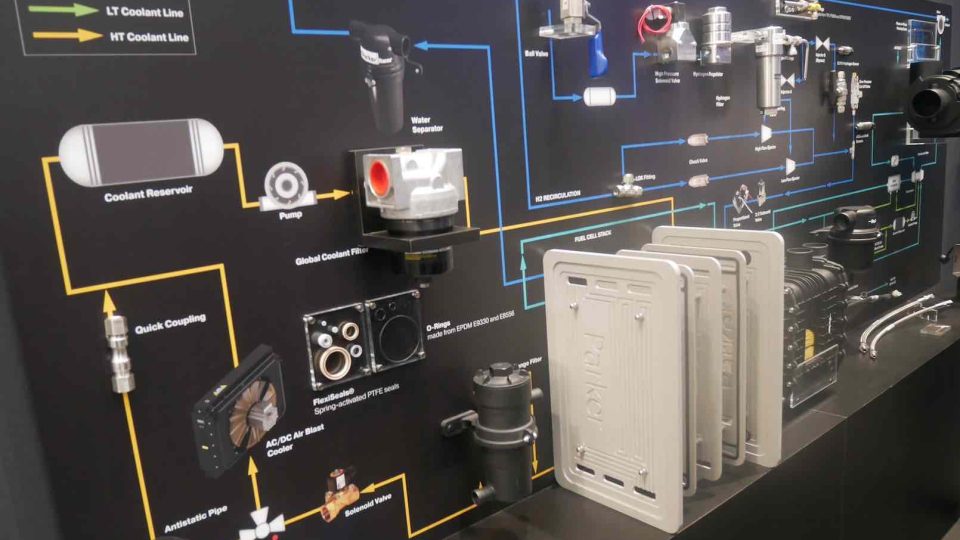According to Kraftblock, 150% energy cost savings with thermal energy storage
A new report published by Kraftblock, a manufacturer of green thermal storage, identifies significant benefits of thermal energy storage for clean process heat, power grids and renewable energy generation.

A new report published by Kraftblock, a manufacturer of green thermal storage, identifies significant benefits of thermal energy storage for clean process heat, power grids and renewable energy generation. The technology is able to deliver monthly savings of between 30% and 150%, depending on the region, compared to traditional process heat. Thermal energy storage is a technology using renewable electricity that is converted and stored at up to 1300°C (2500°F). This makes it particularly suitable for industries such as steel, glass and chemicals.
Industrial heat represents over two thirds of the sector’s energy demand, predominately sourced from fossil fuels, and is responsible for 24% of global energy-related GHG emissions. Simply replacing fossil-based heat generation with renewables has proven difficult and brings new systemic challenges. Therefore, the analysis presents thermal energy storage as a market ready, easily scalable, and cost-efficient solution to meet the dual challenge of decarbonisation and grid relief.
“The report examines the economic benefits of thermal energy storage, and how it can help stabilize the electricity grid in various markets. It demonstrates that thermal energy storage is the cheapest solution and twice as efficient as hydrogen to decarbonize high-temperature heat. In Germany for example, you can save up to 30% in energy costs,” says Martin Schichtel, CEO and co-founder of Kraftblock. By using storage to shift negative and low energy prices to times when they’re needed, the industry is able to save on costs. Industries can use stored heat when they need it, avoiding high peak costs.
The lack of flexibility in today’s energy system threatens to undermine its functioning and significantly slows down deployment of renewable energy. This also triggers rising costs: For instance, the cost of grid congestion in Germany is currently almost €3 billion. In addition, renewables create a mismatch between supply and demand, leading to volatile prices and grid congestion. These dynamics are costly for both consumers and regulators. Thermal energy storage can address these problems, resulting in net benefits for all market participants.
“The widespread deployment of thermal energy storage is not just a technological advance; it is essential for energy systems and industries,” adds Susanne König, co-founder of Kraftblock. “Thermal energy storage systems bridge the gap between energy flexibility needs and industrial requirements. As the energy landscape changes, the integration of thermal energy storage will be critical to creating a more sustainable and efficient, resilient and flexible future for all stakeholders.”
Given current technologies, market trends and regulatory incentives, thermal energy storage is expected to play a critical role in this transition and will attract increasing attention from regulators and industry leaders in the coming years.
Download the full report here.









